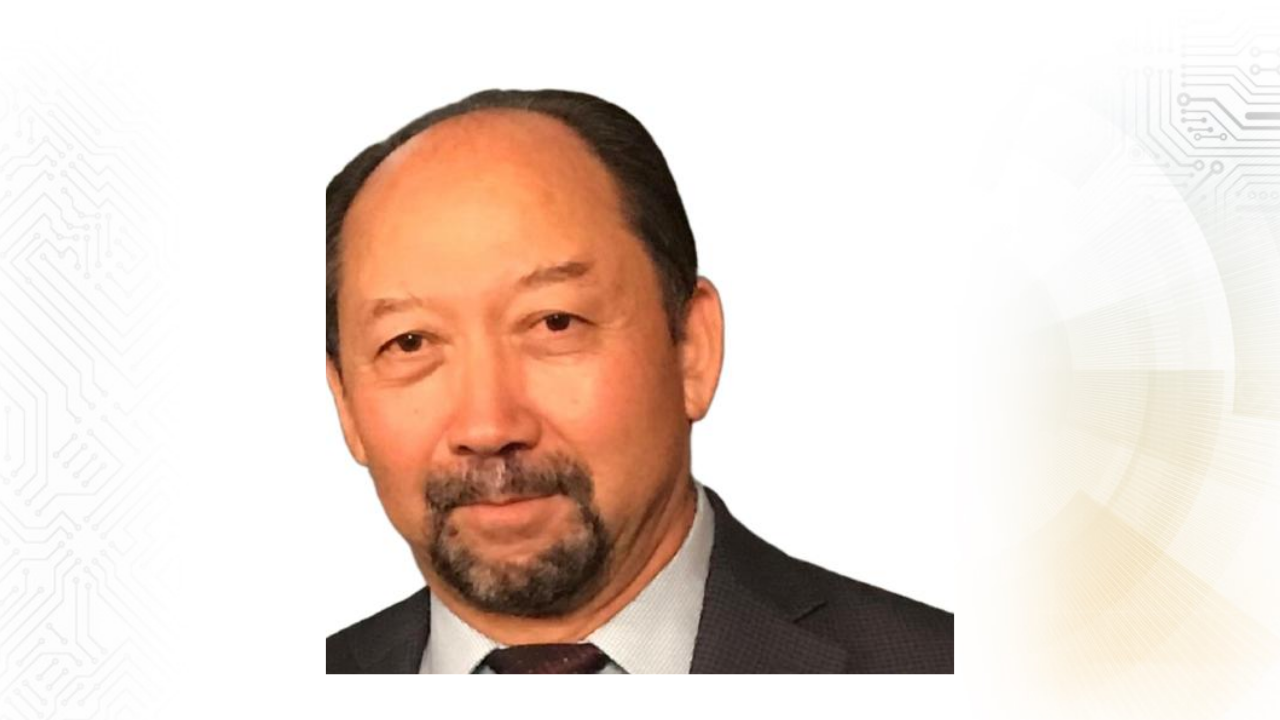
Biography: Erkin Sidick, Ph.D. '95
Erkin Sidick
Senior Optical Engineer, NASA Jet Propulsion Laboratory
Ph.D. Electrical Engineering, ‘95
Erkin Sidick obtained his Ph.D. degree in electrical engineering, with an emphasis on nonlinear optics in 1995 from UC Davis. After nearly 2 years of engaging in research at UC Davis and Sandia National Lab (CA) as a post-doc on laser traps and nonlinear optical devices, Sidick worked at 3 different companies in Silicon Valley, in R&D and managerial roles in various fields of optics, especially on passive optical components. He joined the Nasa Jet Propulsion Laboratory (JPL), in January 2004 as a Senior Optical Engineer, and has worked on many space telescope projects, especially on space telescopes used for direct detection of exo-planets, in the areas of optical design, integrated modeling and optical simulations, metrology, wavefront sensing and control, seismic imaging and atmospheric refraction. He has co-authored over 100 publications including journal papers, book chapters, and conference presentations, and has 3 patents.
We took a moment to chat with Erkin to learn more about what technology excites him, and also to reflect on his biggest influences when he was a UC Davis doctoral student.
What research or technology are you most excited about right now, and why?
Space telescopes for direct detection of exo-planets. I believe we are not alone in the universe. It is estimated that there are 100 - 400 billion galaxies in the universe and about 200 billion stars in our Milky Way Galaxy alone. Therefore, there might be other living things in other places of the universe, and the telescopes mentioned above bring us closer to possibilities to find that out.
How did your time at UC Davis impact you and/or prepare you for your career?
I learned how to conduct high-quality research and how to write high-quality research papers. During my PhD studies from Sep 1990 to June 1995, I published 9 pieces of research papers in the fields of optics as the first author, including some internationally recognized prestigious journals such as Optics Letters and the Journal of Optical Society of America. What I learned at UC Davis enabled to work as a star performer as an engineer and an engineering manager in high-tech companies at Silicon Valley and as an senior optical engineer at NASA-JPL, where I received many awards and registered many New Technology Records. Also, I have published 56 journal and conference (such as SPIE) papers since I joined NASA-JPL in 2004.
Did you have a favorite course or instructor at UC Davis?
I didn't have a special preference on one teacher over the other, instead, I loved the courses of all the teachers that I took as well as their teachers almost equally well.
What advice would you give to young people who are currently seeking a degree in electrical and computer engineering?
Don't limit your learning with the required course contents and the assigned homework. Instead, learn as much as you can the knowledge in the fields you want to be in after graduation. That is what I did throughout my studying life and it paid off tremendously in my later life.
